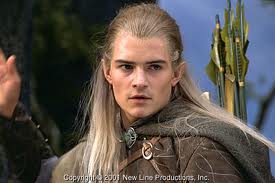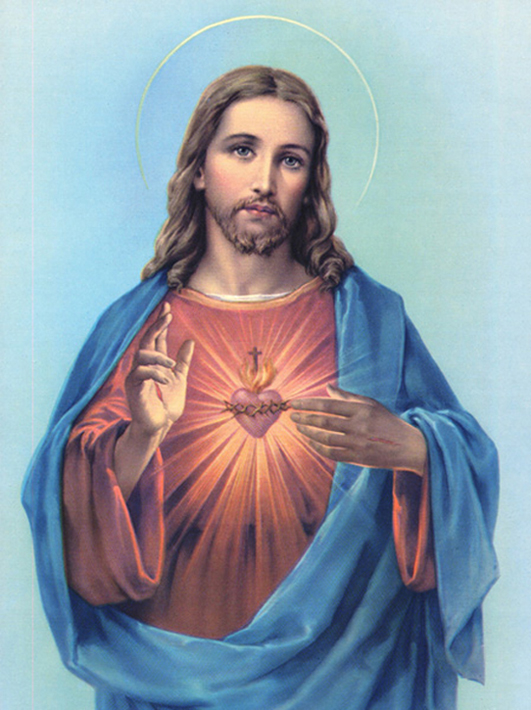In our previous article we looked at how the Bible portrays ourselves and others – that we are made in the image of God. But the Veda Pusthakam (The Bible) develops further on this foundation. The Psalms are a collection of sacred songs and hymns used by the Old Testament Hebrews in their worship of God. Psalm 14 was written by King David (who was also a Rsi) about 1000 B.C., and this hymn records how things look from God’s point of view.
The LORD looks down from heaven on the sons of men to see if there are any who understand, any who seek God. All have turned aside, they have together become corrupt; there is no one who does good, not even one. (Psalm 14:2-3)
The phrase ‘become corrupt’ is used to describe the entire human race. Since it is something we have ‘become’ the corruption is in reference to that initial state of being in the ‘image of God’. This says that our corruption shows itself in a determined independence from God (‘all’ have ‘turned aside’ from ‘seeking God’) and also in not doing ‘good’.
Thinking Elves and Orcs
To better understand this think of the orcs of Middle Earth in the Lord of the Rings or Hobbit as an illustration. Orcs are hideous creatures in appearance, conduct, and in their treatment of the earth. Yet orcs are descended from elves that had become corrupted
by Sauron. When you see the stately majesty, harmony and relationship with nature that elves had (think of Legalos) and realize that the depraved orcs were once elves who have ‘become corrupt’ you will get a sense of what is said here about people. God created elves but they have become orcs.
This fits exactly with what we noted as a universal tendency among people, to be aware of our sin and need for cleansing – as illustrated in the Kumbh Mela festival. So here we arrive at a perspective that is very instructive: The Bible starts with people as sentient, personal, and moral, but then also corrupt, and this fits with what we observe about ourselves. The Bible is shrewdly spot-on in its assessment of people, recognizing an intrinsic moral nature within us that can easily be overlooked since our actions never actually match what this nature demands of us – because of this corruption. The biblical shoe fits the human foot. However, it raises an obvious question: why did God make us this way – with a moral compass and yet corrupted from it? As well-known atheist Christopher Hitchens complains:
“… If god really wanted people to be free of such thoughts [i.e., corrupt ones], he should have taken more care to invent a different species.” Christopher Hitchens. 2007. God is not great: How religion spoils everything. p. 100
But this is where in his haste to criticize the Bible that he misses something very important. The Bible does not say that God made us this way, but that something terrible has happened since the initial creation to bring about this difficult situation. An important event happened in human history after our creation. The first humans defied God, as recorded in Genesis – the first and earliest book in the Bible (Veda Pusthakam), and in their defiance they changed and were corrupted. This is why we now live in Tamas, or darkness.
The Fall of Mankind
This event in human history is often called The Fall. Adam, the first man, was created by God. There was an agreement between God and Adam, like a marriage contract of faithfulness, and Adam broke it. The Bible records that Adam ate from the ‘Tree of the Knowledge of Good and Evil’ even though they had agreed that he would not eat from that tree. The agreement and the tree itself, gave Adam a free choice to remain faithful to God or not. Adam had been created in the image of God, and placed into friendship with Him. But Adam had no choice regarding his creation, so God allowed him to choose about his friendship with God. Just like the choice to stand is not real if sitting is impossible, the friendship and trust of Adam to God had to be a choice. This choice centered on the command not to eat from that one tree. But Adam chose to rebel. What Adam started with his rebellion has gone non-stop through all generations and continues with us today. We look next at what this means.




